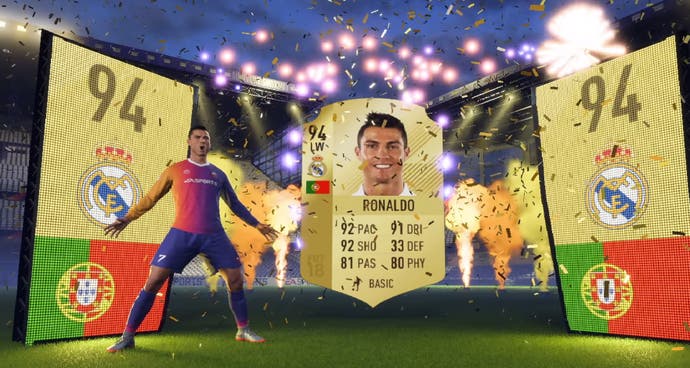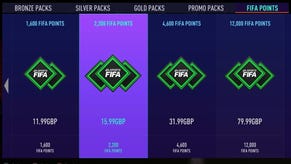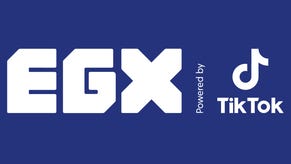Germany wants to add loot box warning to video game ratings
Debate for the ages.
UPDATE: The Bundestag has amended its announcement about the passing of reform of the Youth Protection Act to remove mention of loot boxes.
It appears the Bundestag made a mistake with its own announcement of the legal reform. The announcement, which can be viewed on the Bundestag's website, no longer includes the line: "It is also planned to deactivate cost traps such as 'loot boxes' by default."
The amendment does stipulate that age ratings will be expanded to include descriptors for various problematic mechanics, including "cost traps". The idea here is to indicate risk if it was not taken into account in the age classification.
However, there is currently no indication that video games with loot boxes will be rated 18+.
The headline of this article has been changed to reflect the change in the Bundestag's announcement.
ORIGINAL STORY: German authorities will consider a legal reform that could force an 18+ age-rating on all video games with loot boxes.
As reported by Der Spiegel, the Bundestag has passed a reform of the 20-year-old Youth Protection Act that could bring stricter age-ratings for video games in a bid to protect children from predatory monetisation mechanics.

It's worth noting this reform has yet to be approved by the Federal Council (the Bundesrat), but if it does, the new law could come into force as soon as this spring.
The reformed law includes mention of "risks from gambling-like mechanisms" that would apply to loot boxes. If the law makes it through the Bundesrat, video games with loot boxes will have to include an 18+ age rating.
Der Spiegel singles out FIFA as one series of games that could be affected. Through its Ultimate Team mode, packs of cards are sold in loot boxes that can be earned through gameplay or purchased with real-world money.
These virtual card packs have a chance to include powerful players, adding an element of pay-to-win to Ultimate Team. While FIFA 21, the latest version of the game, does highlight pack odds, players are never sure which cards they will get.
FIFA, which currently earns publisher EA billions of dollars through monetisation of Ultimate Team, currently has a PEGI age rating of 3. In Germany, EA could be faced with a choice: strip out the ability to pay for loot boxes with real-world money in order to keep FIFA's 3+ age rating, or accept an 18+ age rating in order to keep premium loot boxes in the game.
Loot boxes have come under increased scrutiny from authorities in recent years, particularly in relation to their impact on young people. In January 2019, EA stopped selling FIFA Points in Belgium following government pressure over loot boxes. The Netherlands Gambling Authority has also declared loot boxes illegal because they are considered a game of chance, and therefore violate the country's Gambling Act. The Dutch authorities ended up issuing EA with a fine of up to €10m over loot boxes in FIFA.
FIFA loot boxes are currently not considered a form of gambling in the UK, although the government is taking a close look at them in that context. In July, the House of Lords gambling committee urged the government to "act immediately" to regulate them. The Department for Digital, Culture, Media and Sport launched a consultation on loot boxes in September and a review of the Gambling Act 2005 in December last year. It is due to publish a white paper before the end of this year.
FIFA hit the mainstream headlines over the weekend with a Sunday Times investigation titled "FIFA's ugly game lures teens to gamble".
EA has called FIFA loot boxes "surprise mechanics", and in a statement given to the Sunday Times, likened them to Kinder eggs. A spokeswoman told the paper there was "no advantage to purchasing Ultimate Team packs rather than earning them", and that the majority of player packs were awarded through in-game accomplishments. She said users could track or limit their spend through FIFA Playtime, a new in-game tool, and said access to online gameplay could be restricted using parental controls on consoles.

















